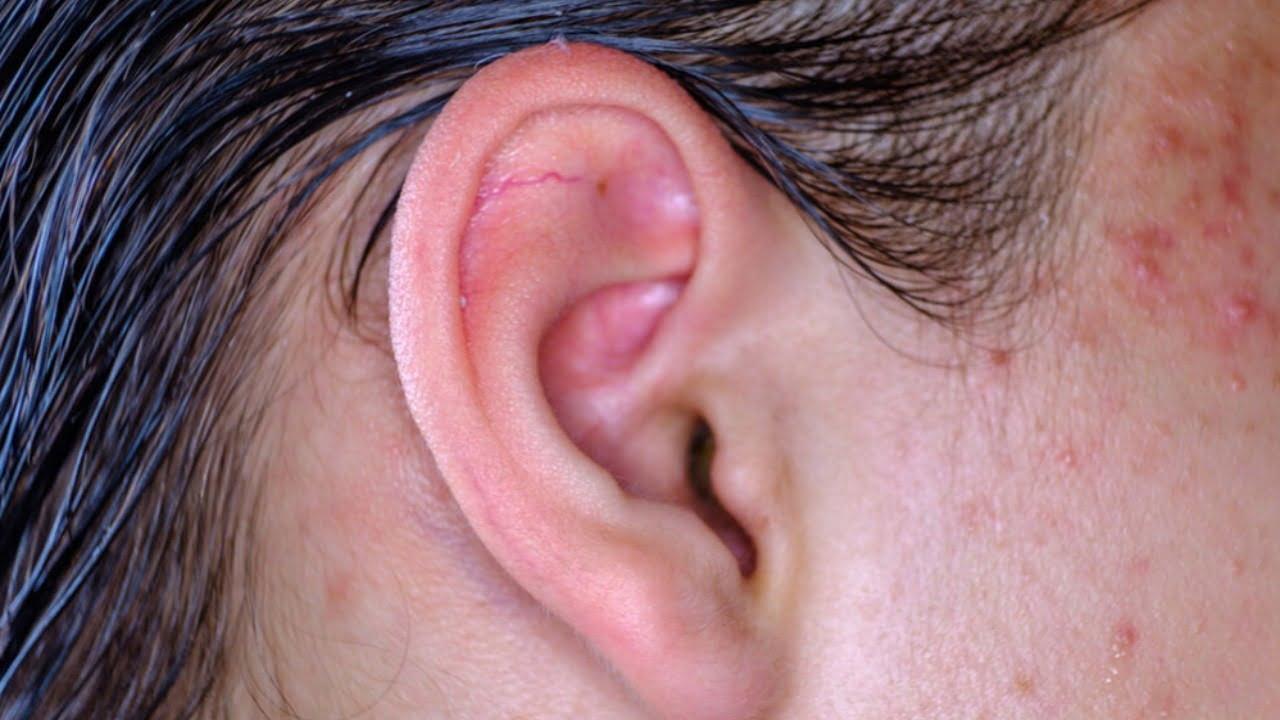Pimples in the ear can be uncomfortable and may occur due to a variety of reasons. Here are some common causes and potential treatments:
Causes:
Excess Oil Production:
- Overproduction of oil (sebum) in the ear canal can clog pores and lead to the formation of pimples.
Bacterial Infection: - Bacteria, such as Staphylococcus aureus, can infect hair follicles or pores in the ear, causing inflammation and pimple formation.
Ingrown Hairs: - Ingrown hairs, especially in the ear canal, can become inflamed and develop into pimples.
Earwax Buildup: - Accumulation of earwax can block the hair follicles and pores, creating an environment conducive to bacterial growth and pimple formation.
Poor Hygiene: - Inadequate cleaning of the ears can contribute to the buildup of dirt, dead skin cells, and bacteria, leading to pimples.
Allergies: - Allergic reactions to hair care products, earrings, or other substances in contact with the ear can cause pimples.
Treatment:
Warm Compress:
- Applying a warm compress to the affected ear can help soothe inflammation, reduce pain, and encourage the pimple to come to a head.
Avoid Picking or Squeezing: - It’s important not to pick or squeeze the pimple, as this can introduce bacteria and potentially worsen the infection.
Topical Antibiotics: - Over-the-counter antibiotic ointments or creams can be applied to the affected area to help control bacterial infections.
Ear Drops: - If the pimple is located in the ear canal, antibiotic ear drops prescribed by a doctor may be necessary to address the infection.
Maintain Ear Hygiene: - Gently clean the ears with a mild cleanser or a solution recommended by a healthcare professional to prevent further infection.
Avoid Irritants: - Identify and avoid potential irritants, such as certain hair care products or jewelry, that may contribute to pimple formation.
Seek Medical Advice:
If the pimple persists, becomes painful, or is accompanied by hearing loss or drainage from the ear, it is crucial to consult a healthcare professional for proper diagnosis and treatment.
Remember, individual cases may vary, and it’s important to consult with a healthcare provider for personalized advice based on the specific situation. If you experience severe or persistent symptoms, seeking medical attention is advisable.


